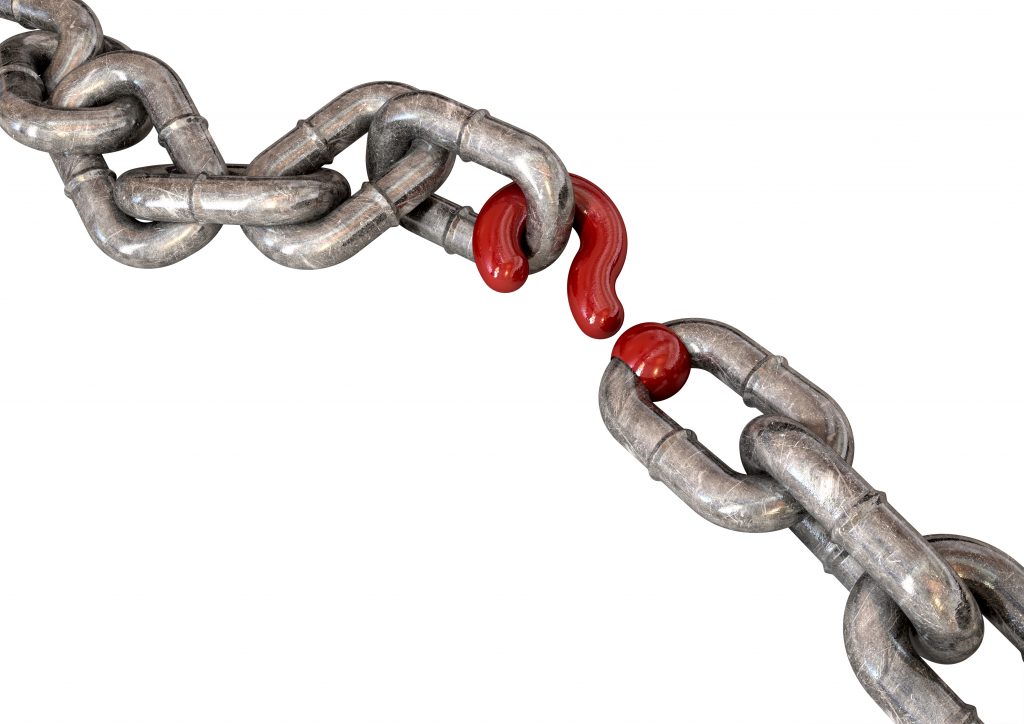
Have you been on projects where the Data Cleansing lacks focus, the business is not quite sure what they need to do by when and the Data Migration team seem to spend as much time fielding questions from the sites as actually developing Extract, Transform, Load routines? Typically this can be down to a lack of coordination between the central team and the business on site and whilst this can occur elsewhere in a project, data migration is one of its hotspots. By its nature data migration is a localised activity as it has to manage the extraction and transformation of data from non target systems which require detailed analysis, and bespoke rules to manage.
Data Coordinators do not fall naturally within a standard project team. They exist in that grey area between the Data Migration team and the Implementation team and as such can be overlooked when staffing a project. A Data Coordinator’s role is to act as a link between the central Data Migration Team and the business themselves in a similar way to a solution-fit consultant. With Data Migration relying heavily on local knowledge of legacy systems and involvement from the wider business in cleansing their data this link can make a huge difference to the success of the migration.
Data Coordinators, as their name suggests will coordinate the flow of information between site/departments and the Data Migration team. Crucially this will help identify gaps early in the migration routines based on their knowledge of both the technical solution and the local business. Being embedded in the business and working closely with the implementation teams they are in a unique position to identify data impacts of localisation activities happening within the implementation. They become the point of contact for all things project data related at the site and in doing so can triage queries and requests being made by the business of the Data Migration team. This in itself allows the Data Migration team to focus on what they are good at which is to develop, test, report, and repeat.
Beyond acting as this link between the business and the project’s Data Migration Team, they are responsible for coordinating the business’s efforts in ensuring their data is ready for migration, resolving data defects, and the all important time sensitive Reconciliation Process and gathering sign offs.
So do I need one?
Small projects, especially single Go Live projects, can manage this activity centrally or utilise existing functional resources to coordinate the work but once a project grows in scale to multiple waves and sites, the role of a Data Coordinator should be considered.
Here we have only scratched the surface of the Data Coordinator’s role and value but hopefully enough to keep them in mind when embarking on your next project.